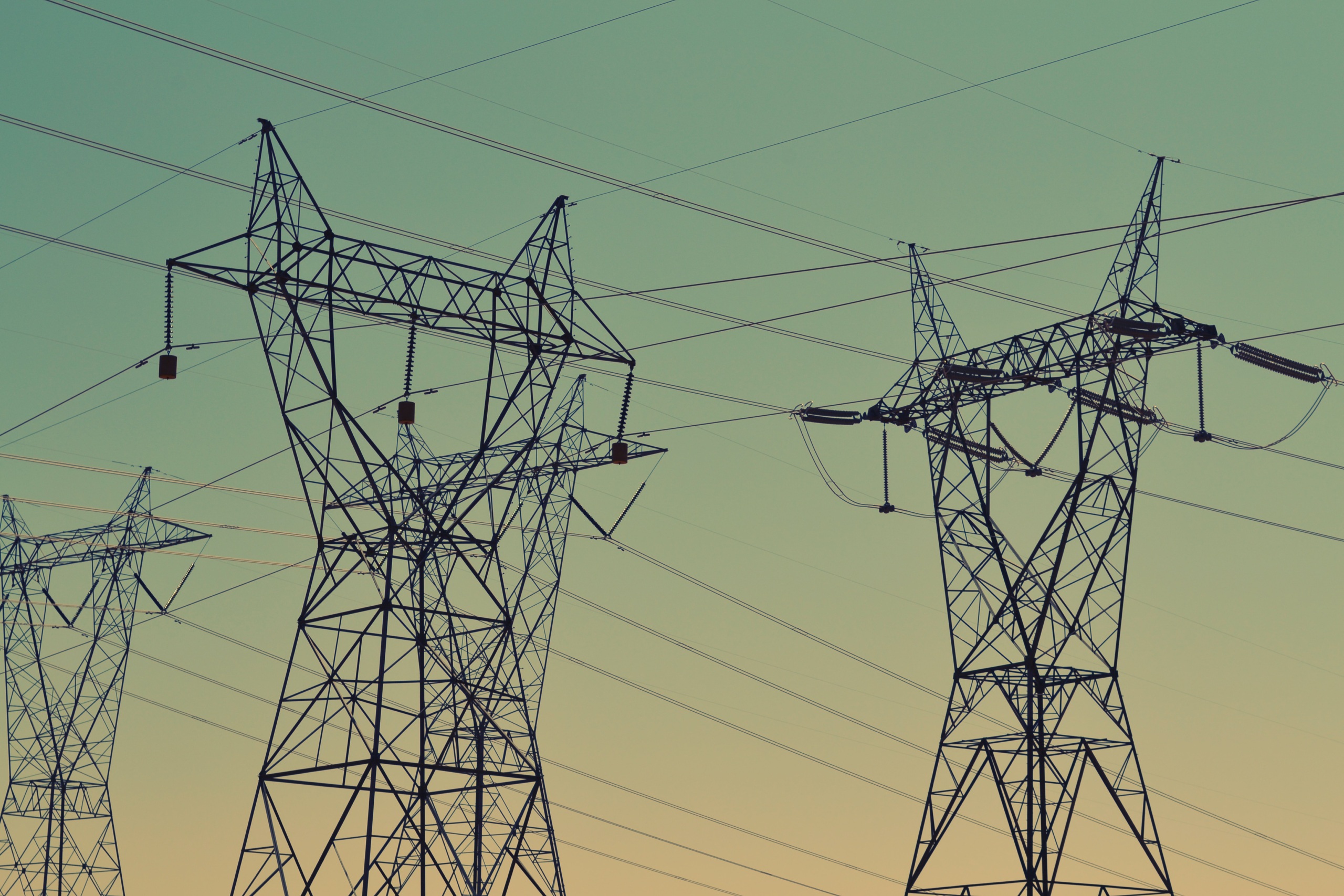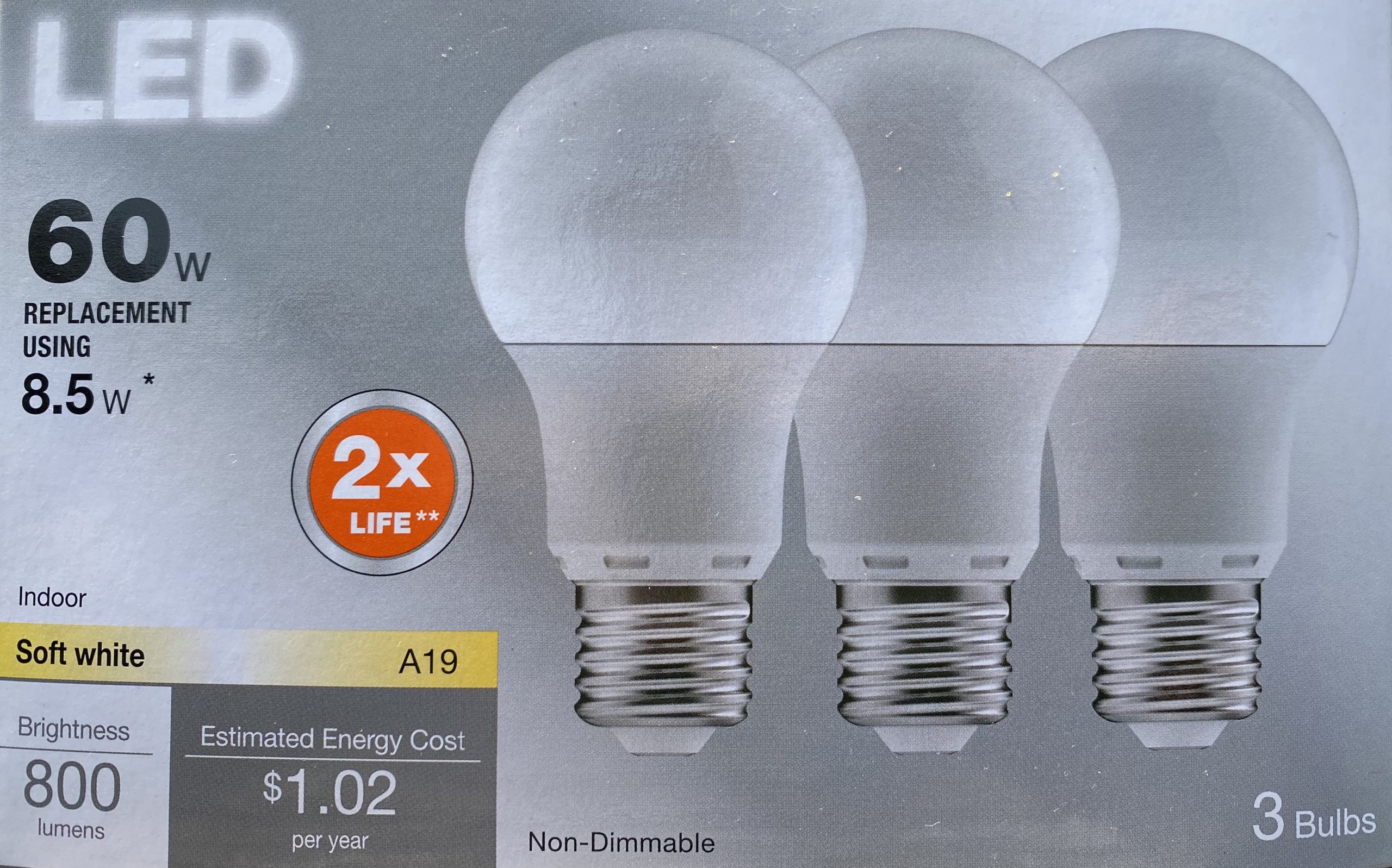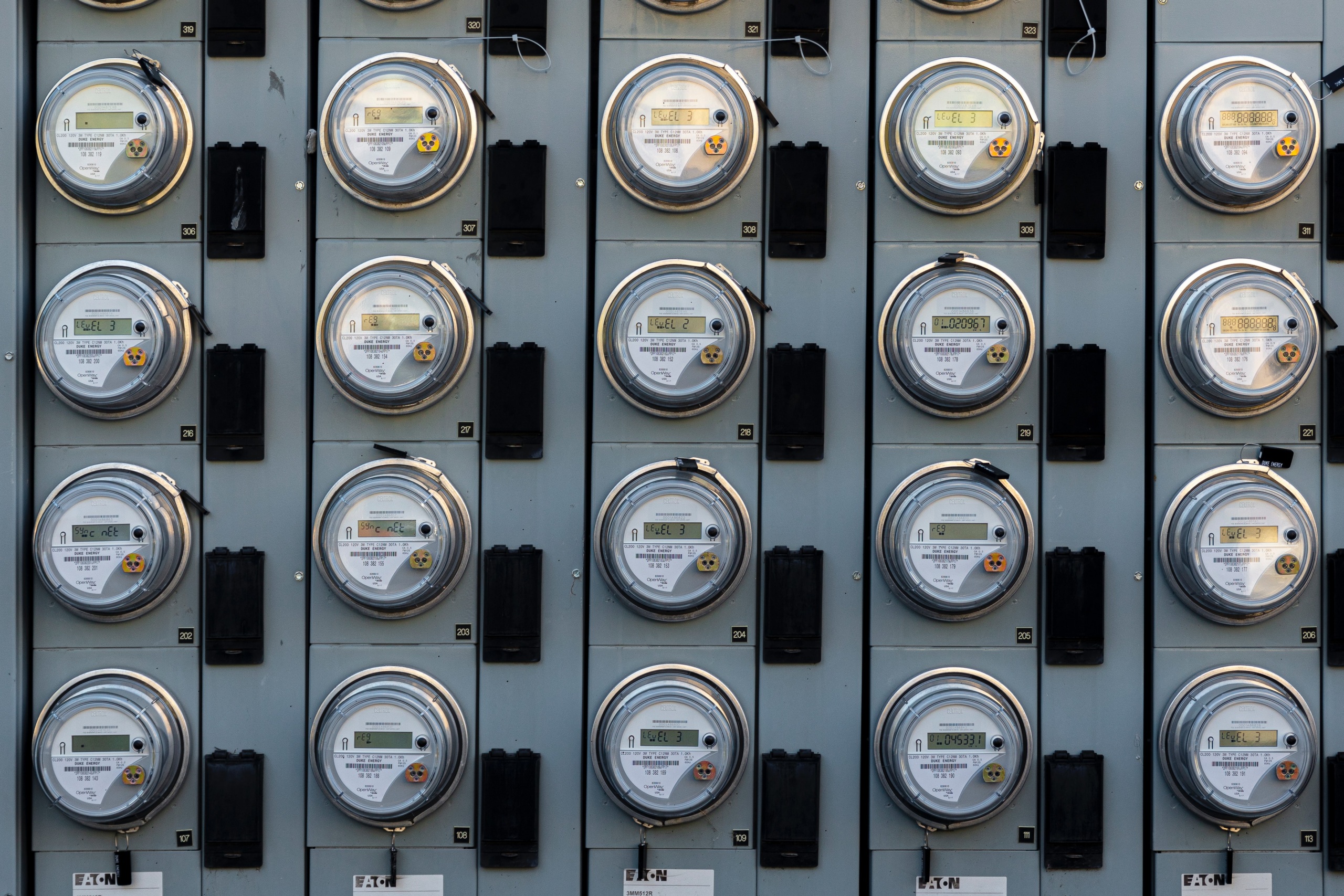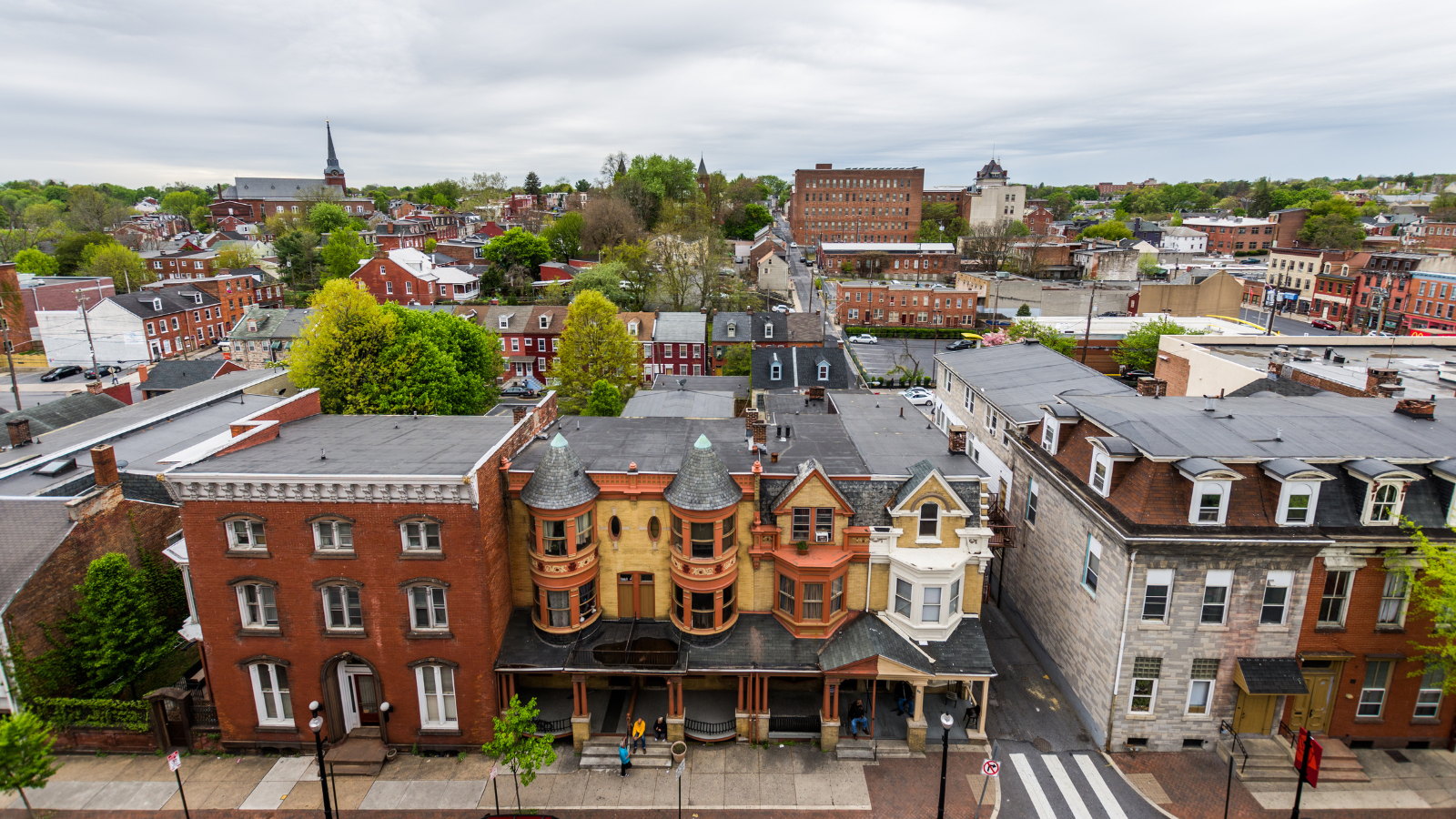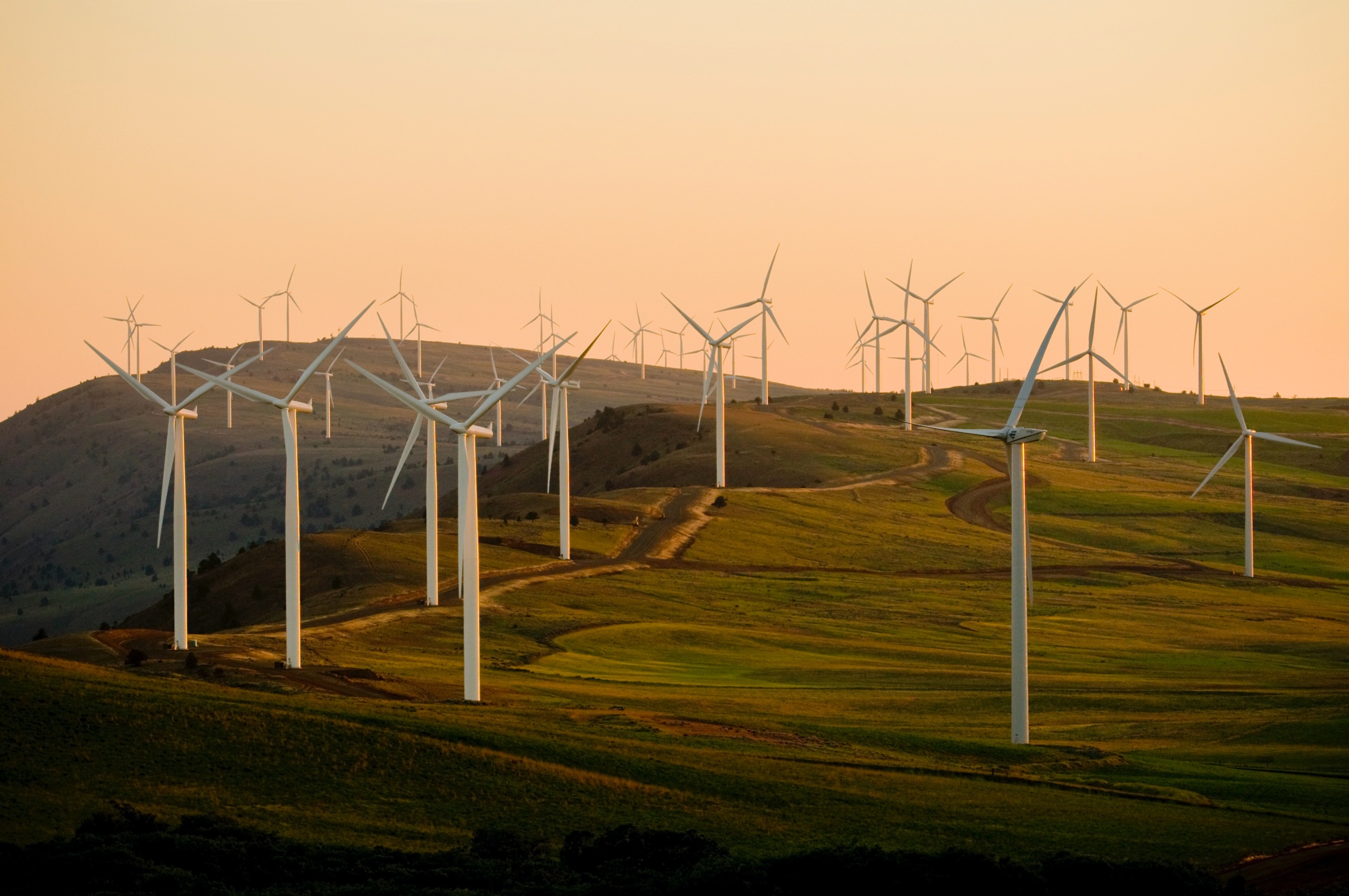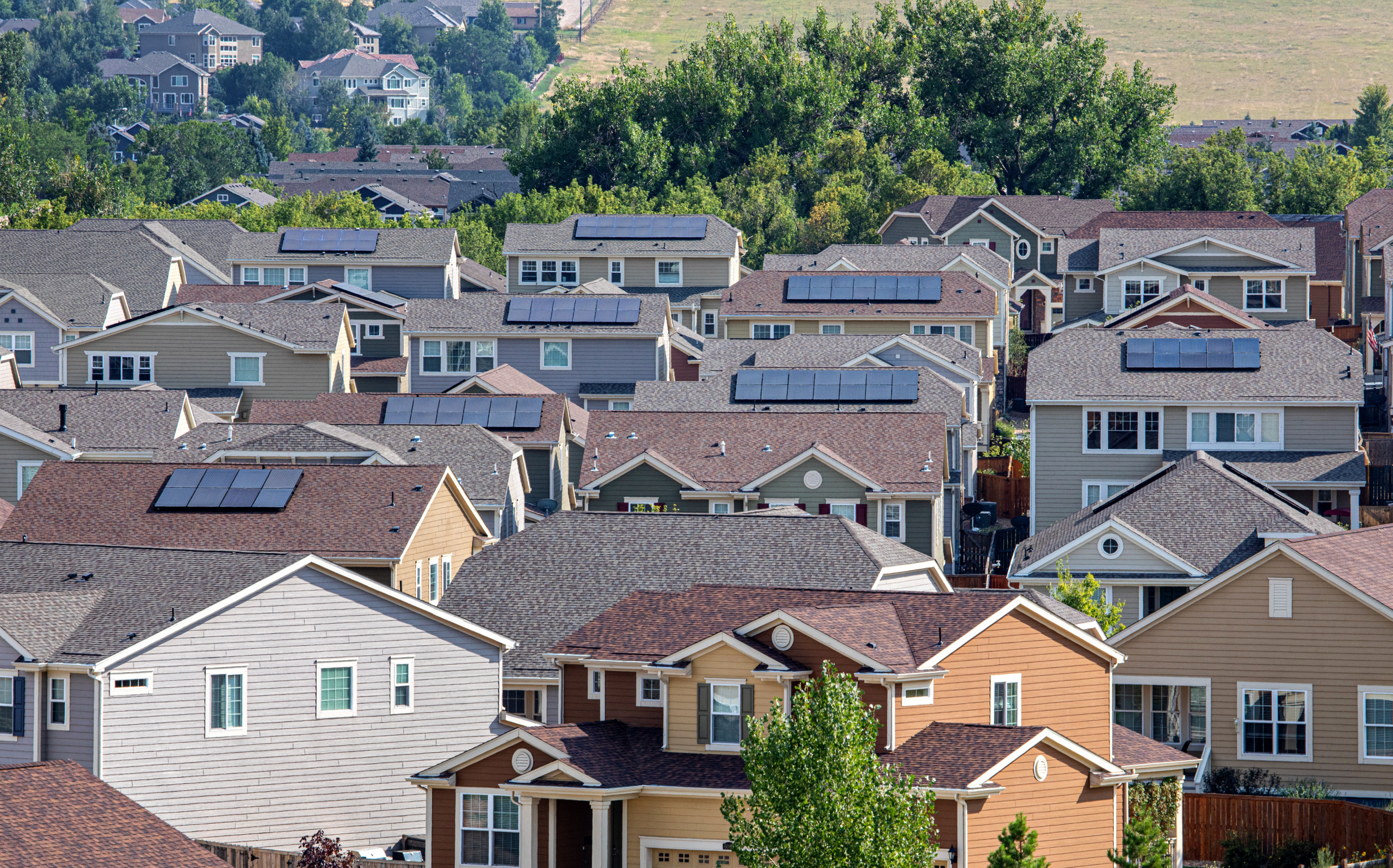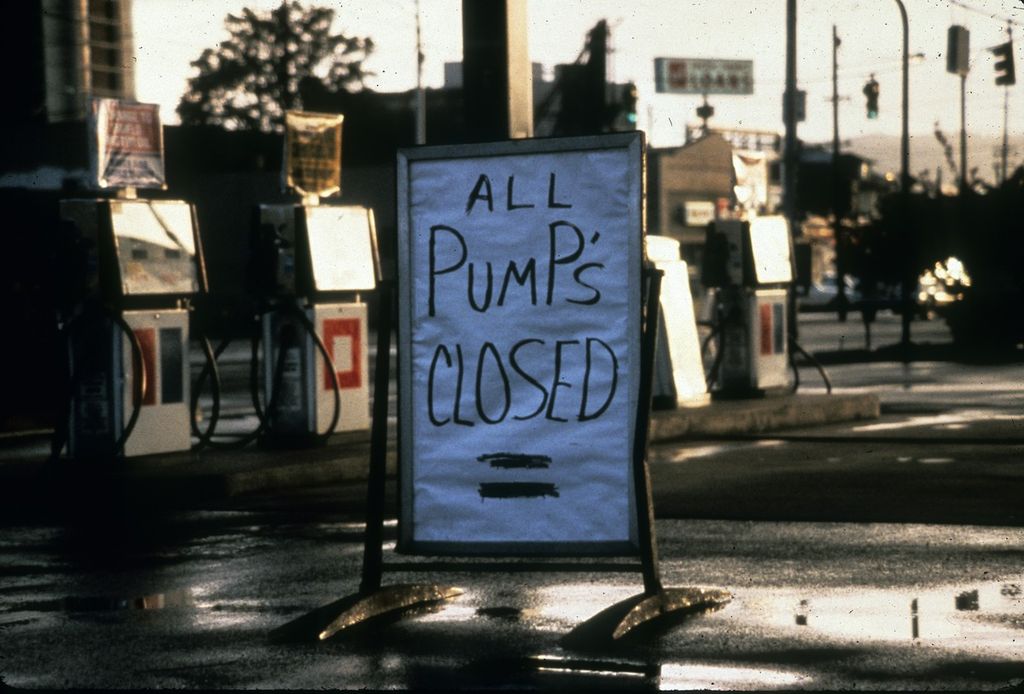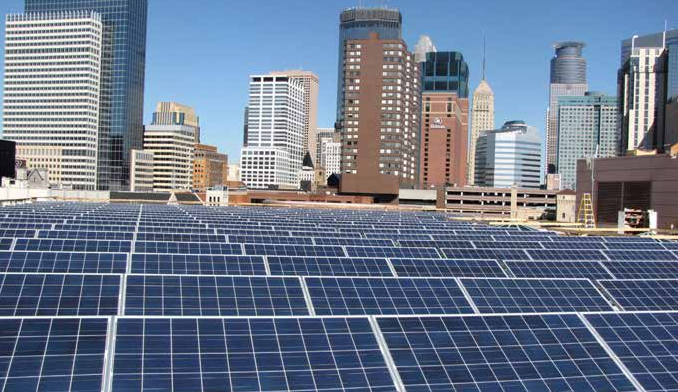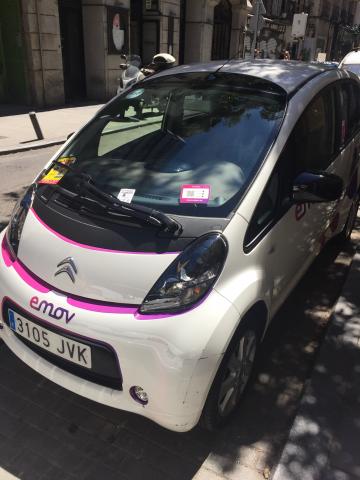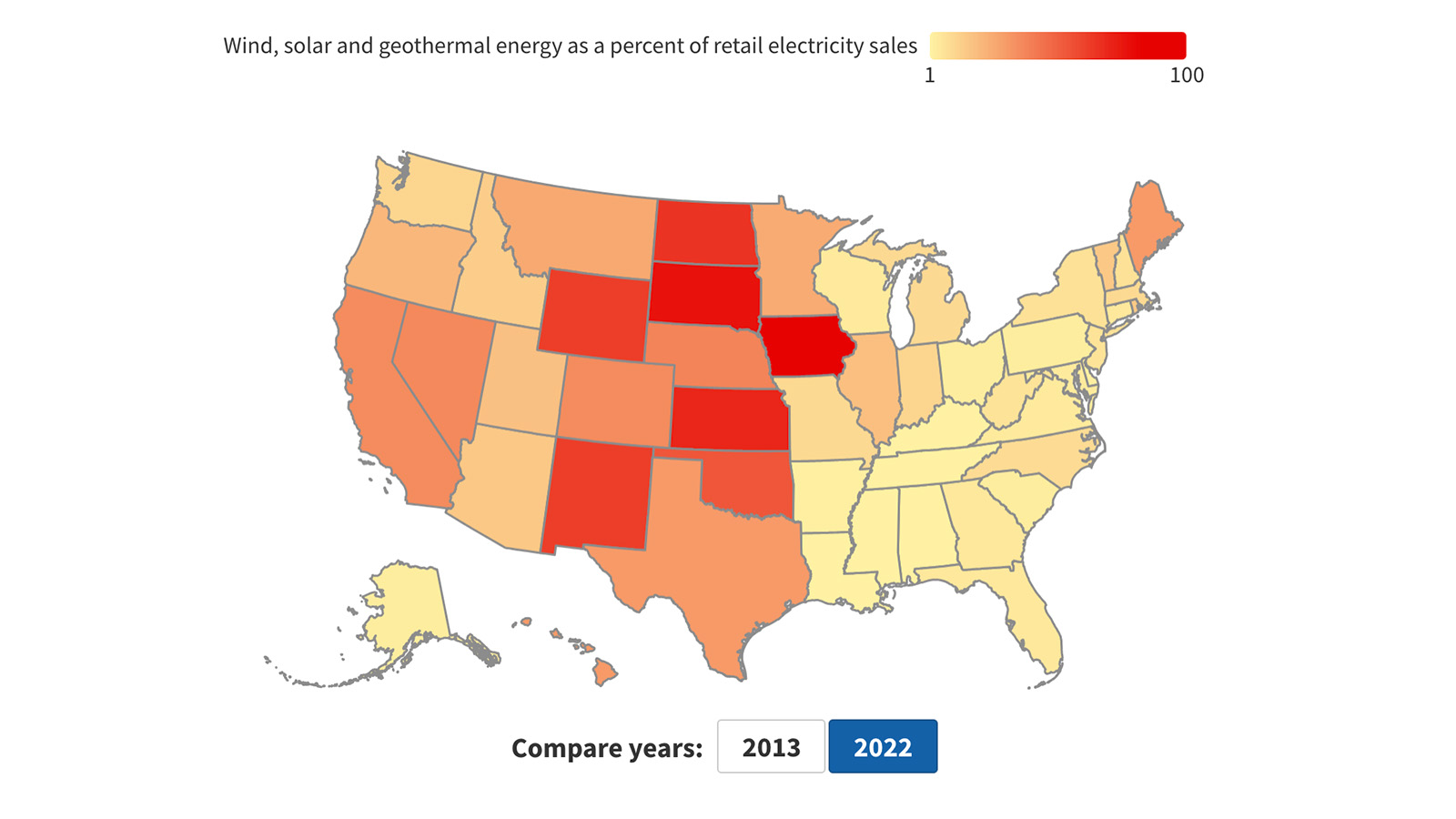
Renewables On The Rise Dashboard
America produces more than three times as much power from the sun, the wind and the earth as we did in 2013, with growth in all 50 states. Key technologies such as electric vehicles and battery storage are also booming - helping to repower America with clean energy.

